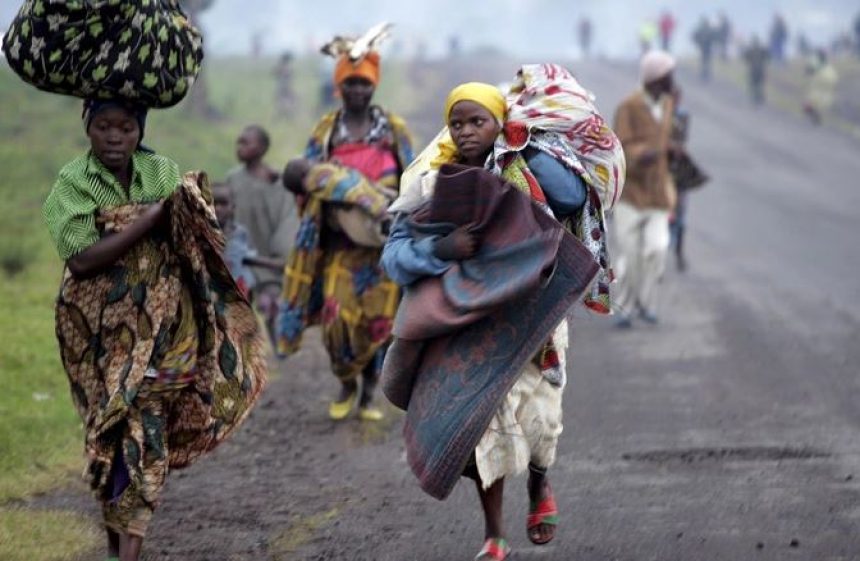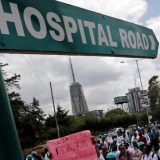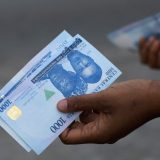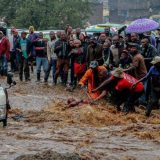According to a doctor, authorities, and the United Nations, during the mass expulsion of migrant workers from Angola to the Democratic Republic of the Congo, women and children have been raped and subjected to other abuses.
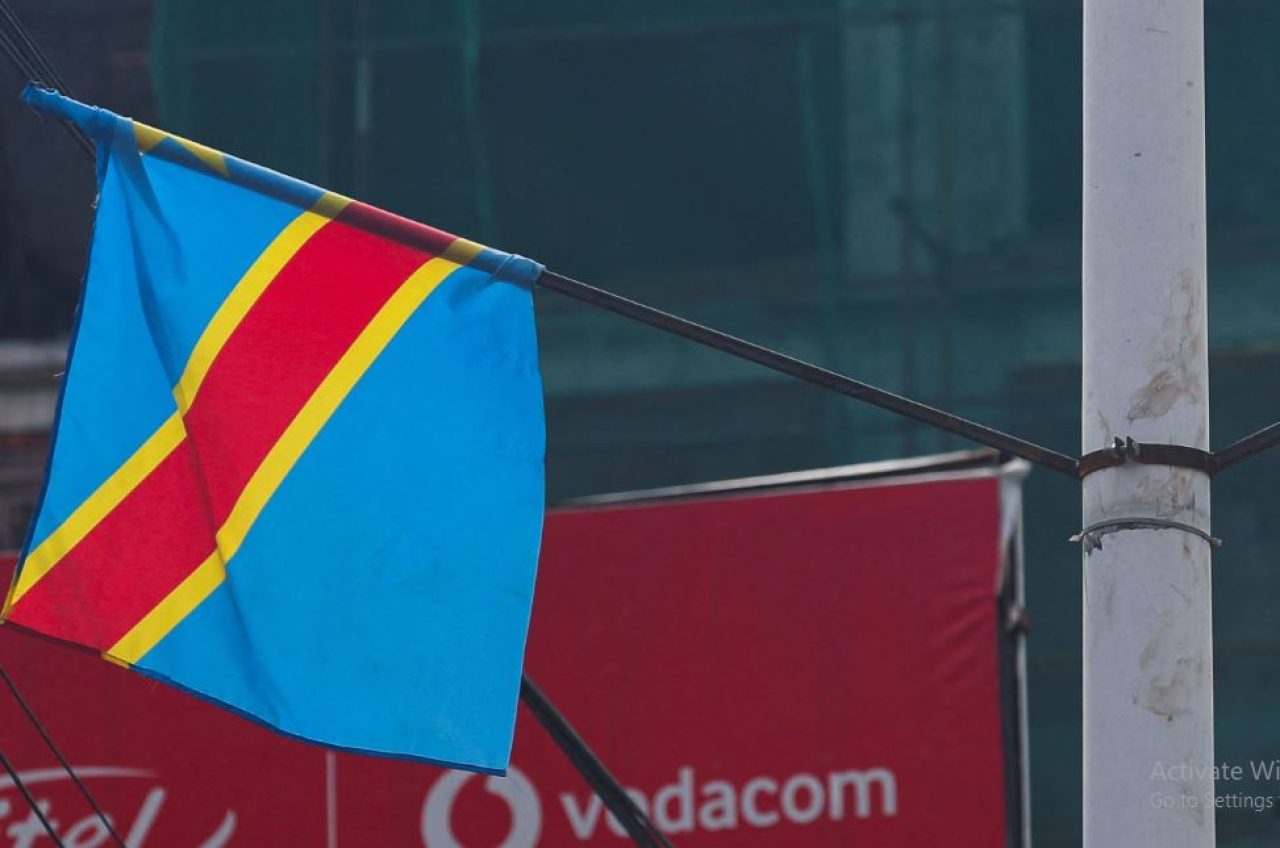
According to UN statistics, Angola has deported thousands of employees in recent months, continuing earlier purges over the preceding 12 years, which human rights organisations and the UN claim included abuses.
The extent of the most recent expulsion is not yet known, but according to previously published data from the UN’s migration agency, the International Organization for Migration (IOM), 12,000 workers have gone through one border crossing close to the DRC town of Kamako in the preceding six months.
According to the Reuters news agency, UN personnel visited the region last month and issued an internal preliminary report on the situation.
“Girls and women are arrested wherever they are, without the necessary needs, detained and then separated from their children and husbands, subjected to inhuman and degrading treatment, sometimes raped,” the report said.
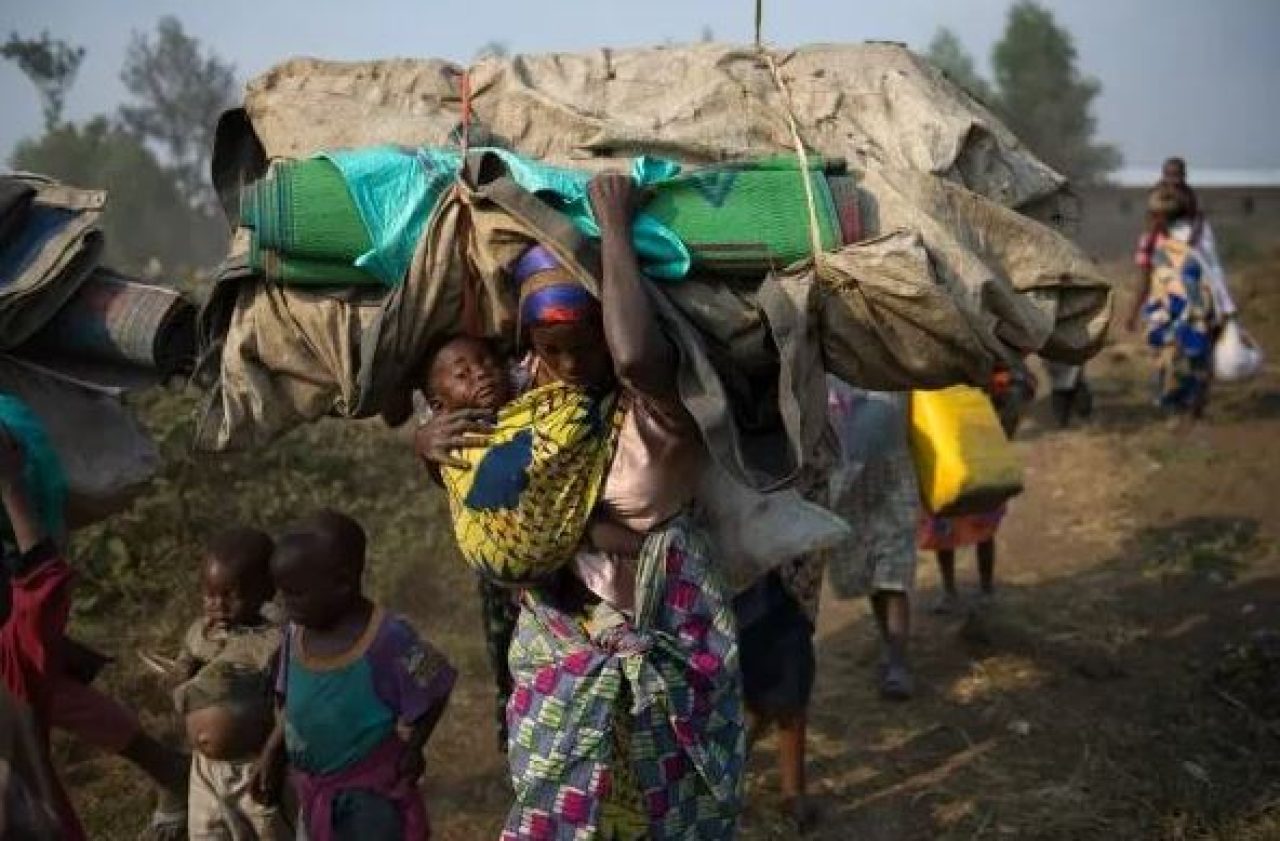
The study, which has not yet been released, did not specifically name the offenders. A local doctor attributed the deaths to DRC people and Angolan security troops.
Simo Milagres, a spokesman for Angola’s migration agency, acknowledged a rise in expulsions in recent weeks but refuted reports of rapes and other abuses.
“That’s not true,” he said. “I can guarantee that there isn’t an institutional attitude promoting violence against migrants.”
The Democratic Republic of the Congo’s Kasai area is close to Angola’s border, and expelled Congolese migrants are pushing a hired bicycle to bring their goods there.
Expelled workers from Angola ride a hired bicycle carrying their goods along a muddy road to Tshikapa in the DRC, which is close to Angola’s border.
Increase in cases
The number of abuse cases was not specified in the UN report. However, 122 cases of rape were reported in local clinics this year, according to Victor Mikobi, a physician who specialises in treating sexual assault victims at a Kamako health institution. This is a record number for the community, he said.
“These are women or girls expelled from Angola, some of them under 10 years old, without any means of subsistence and very vulnerable to this type of violence,” he said. Instances of gang rape have caused medical complications, he said.
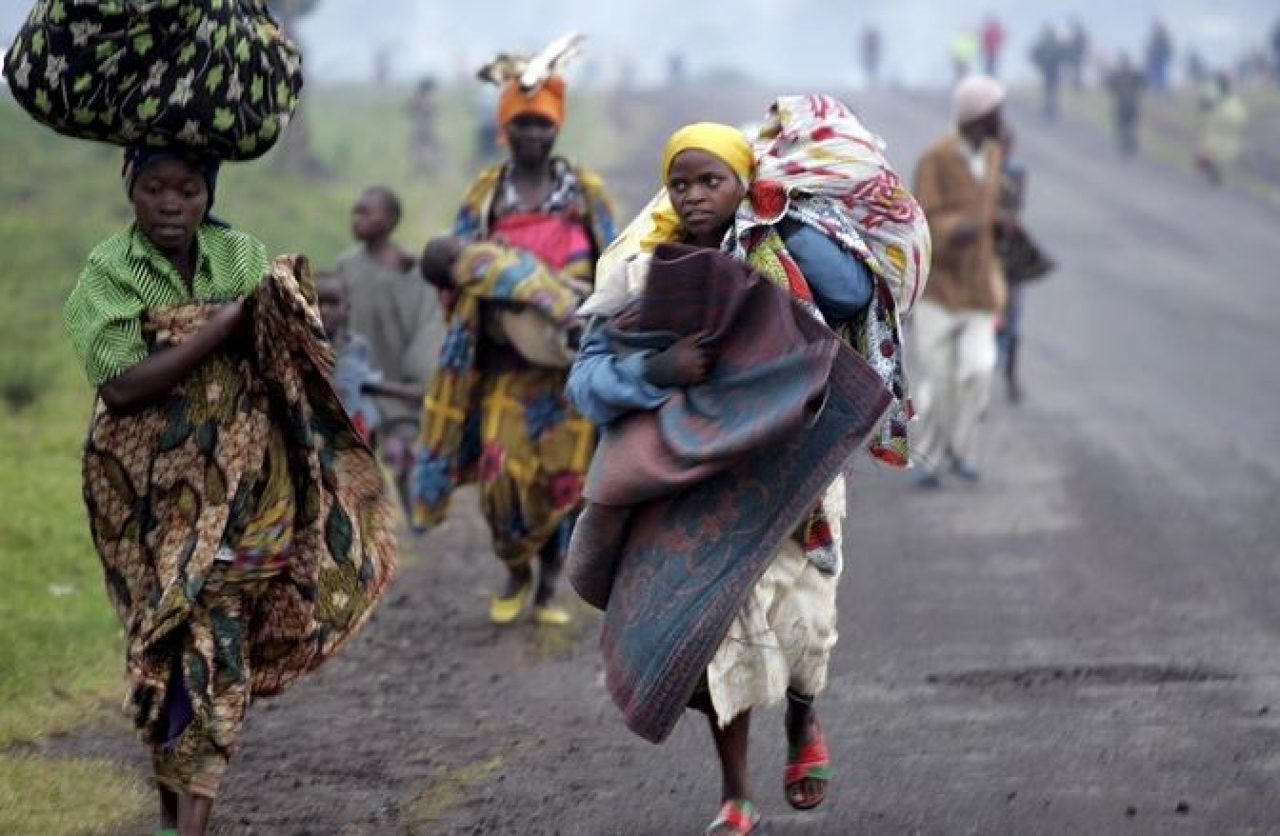
He calculated that the Angolan security forces were responsible for at least 14 rapes based on testimony from patients who received care at his health institution. He said that civilians in the DRC were responsible for dozens of such crimes.
According to a DRC immigration official who spoke to Reuters under the condition of anonymity, officials had discussed dozens of rapes on both sides of the border in meetings.
The governor of the southern DRC’s Kasai area, Dieudonne Pieme Tutokot, claimed to be aware of rapes and to have started an investigation.
Search for diamonds
Angola is rich in diamonds Thousands of migrant workers from the remote, underdeveloped south of the DRC have long been drawn to the Lunda Norde region. According to the UN assessment, many people arrive and work illegally. Only 20% of the workers who were deported had permits.
According to Fabien Sambussy, the head of the IOM mission in the DRC, Kamako has transformed into a “open-air migrant camp.”
Abbé Trudon Keshilemba, president of a group of civil society organisations in Kamako, said: “The Congolese end up occupying whole villages in Angola, and the Angolans feel that they will disappear.”
“We are witnessing this without being able to do anything due to a lack of resources,” the DRC immigration officer said.
Source: REUTERS
